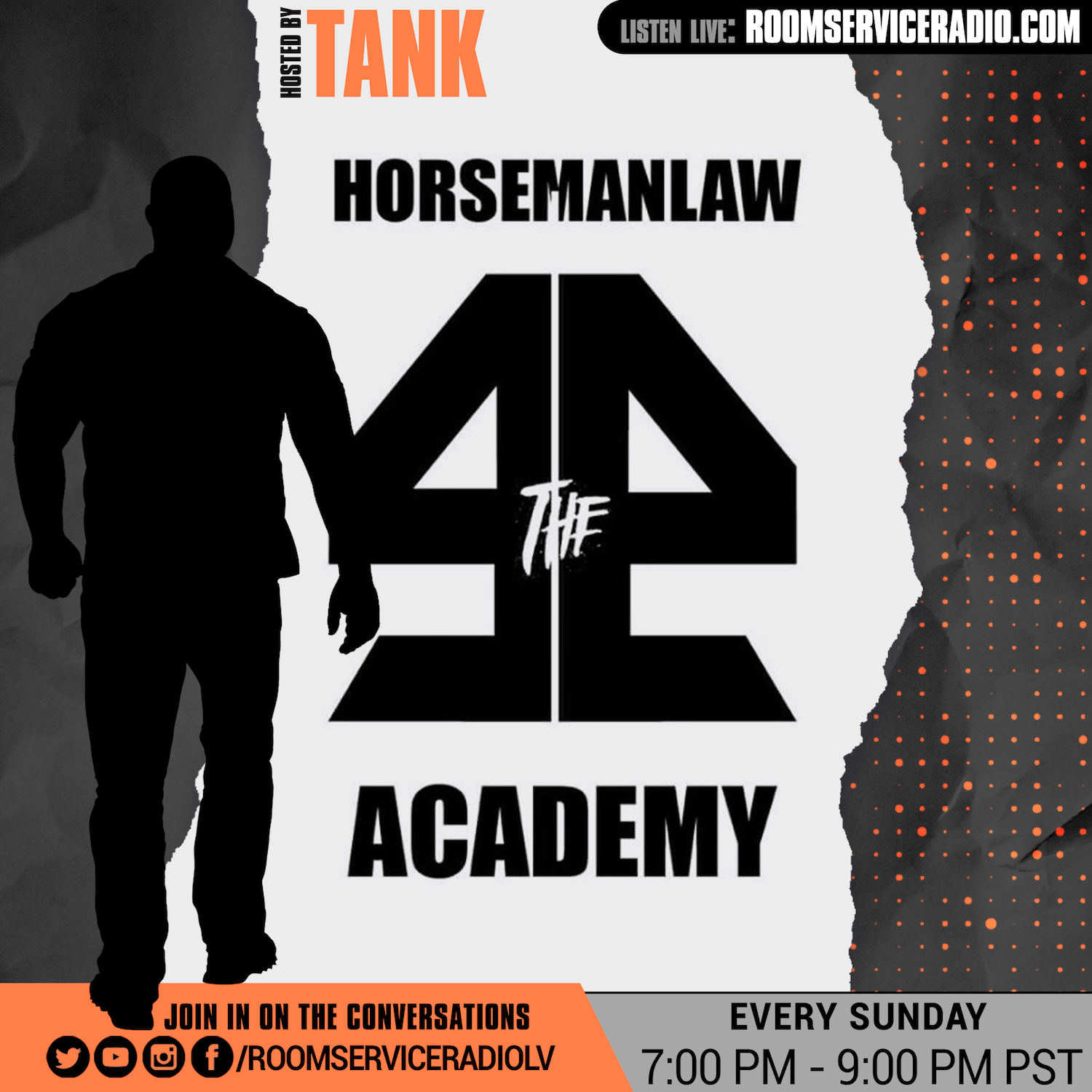
The Source |Twitter Struck With Lawsuit, Sued by Landlord For Missed Rent
Twitter has been slammed with a lawsuit by a commercial landlord following a breach of contract. This comes after the company had reportedly failed to pay rent for its office space in San Francisco at 650 California Street.
Although this space is not the company’s headquarters, reports have circulated last month stating that Twitter’s new owner, Elon Musk, had put rent payments to a halt on the company’s office spaces globally. Musk reportedly further told employees to cease payments to company vendors to further cut costs following his acquisition of the company at $44 billion.
The complaint was filed last week in California Superior Court in San Francisco, and alleged that the company missed a payment of $136,260 for the California Street office’s rent. Consequently, the landlord provided Twitter with a notice on December 16th, allowing five business days for payment until falling into default.
The complaint requests that the court force the company to pay for its unpaid rent, interest on rent, and the landlord’s legal fees. Complainant, Columbia REIT – 650 California, LLC, oversees various properties across New York, San Francisco, Boston, and Washington, DC.

Real estate attorney, Daniel Bornstein, represents property owners in tenant-landlord disputes, and stated that such a complaint could be the first of many if other financial obligations of the company are foregone at Musk’s discretion. However, some property owners might not be keen to push Musk, given his global status and class. The company proves to be a profitable renter, regardless of whether payments are on-time or forced. Unfortunately, landlords face the risk of abandonment of the rented spaces if they push the Twitter owner too far, which could result in an extended vacancy that would cost more than the pushing is worth.
Addressing the previous week’s complaints, Bornstein notes that Columbia chose not to ask the court to evict Twitter, although the complainant maintained the option to do so. Such a move suggests that the landlord still finds value in renting their property out to Twitter. “What Elon may be doing by not paying the rent is signaling that he is actually interested in renegotiation of the terms of the lease agreement,” Bornstein said.
Professor of Law at the University of Richmond, Carl Tobias, explained the lawsuit reflects natural consequences of the Twitter owner’s withholding of payment. “The litigation is a normal and expected action to occur when a tenant has a lease and does not pay rent required by a valid contract with the landlord,” Tobias said. “These types of disputes often settle without provoking litigation, so as to avoid litigation costs and bad publicity.”
He further added that it would be expected of a landlord in this situation to seek further payment than unpaid rent, such as legal fees and interest, when all resources to seek payment have been exhausted.
Article written by Meadow Milana #TheSource












